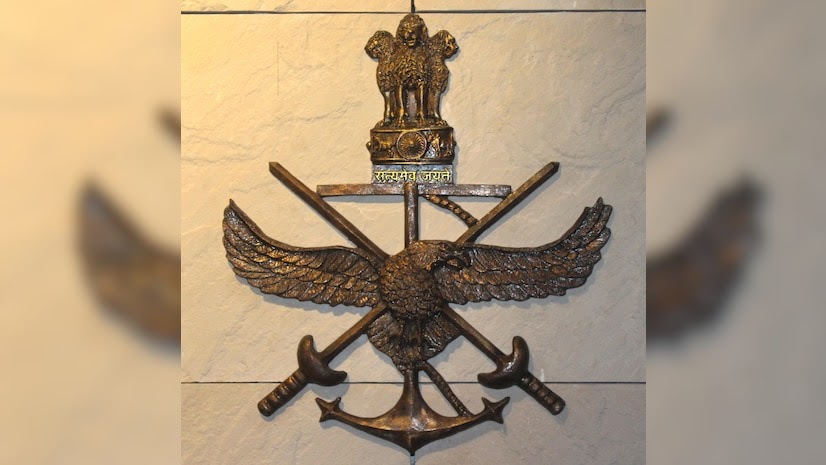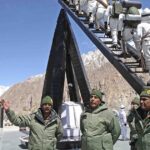
A new, tri-service, legal architecture is being brought in for heads of inter-service organisations to maintain effective discipline
By Vikas Gupta
Defence News of India, 5th Aug 23
In an important step towards creating a judicial framework for tri-service command, the Lok Sabha on Friday passed a new law called the Inter-Services Organisation (Command, Control & Discipline) Bill – 2023.
Shortened to ISO Bill – 2023, it shall be applicable to all personnel of the regular army, navy, and air force, and to persons of other forces as notified by the Union government, who are serving in, or attached to, an inter-services organisation (ISO).
The bill empowers commanders-in-chief (Cs-in-C) and officers-in-command (Os-in-C) of ISOs with disciplinary and administrative powers over the personnel serving in, or attached to, such organisations.
Currently, armed forces personnel are governed in accordance with the provisions contained in their respective service acts – for the army, there is the Army Act 1950, for the navy, there is the Navy Act 1957, while the air force is governed under the Air Force Act 1950.
A new tri-service legal architecture, it is hoped, will bring in benefits such as maintenance of effective discipline by the heads of ISOs.
As the military evolves, it will have to find the instruments to deal with its changing components. These include new elements such as women combat soldiers, cyber laws, artificial intelligence, etc.
“This legislative effort, although belated, is a step in the right direction. It will have to be followed up by the framing of rules and a regulatory framework; and also training of officers to man an enforcement framework,” said former judge advocate general (JAG) Major General Nilendra Kumar. JAG is the military’s senior-most legal officer.
The ISO Bill-2023 is essentially an enabling act and it does not propose any change in the existing service acts/rules/regulations which are time-tested and have withstood judicial scrutiny over the last six decades or more.
Service personnel, when serving in or attached to an ISO, will continue to be governed by their respective service acts. What it does is to empower ISO heads to exercise disciplinary and administrative powers, irrespective of the service they belong to.
There will be “no requirement of reverting personnel under disciplinary proceedings to their parent service units, expeditious disposal of cases of misdemeanour or indiscipline and saving of public money and time by avoiding multiple proceedings,” stated a ministry of defence (MoD) press release.
“The bill would also pave the way for much greater integration and jointness amongst the three services; lay a strong foundation for creation of joint structures in times to come and further improve the functioning of the armed forces,” said the MoD.
“Introducing the bill in the Lok Sabha, Defence Minister Rajnath Singh termed it as part of a series of military reforms being undertaken by the government, led by Prime Minister Narendra Modi, with the aim to empower the nation,” stated the MoD.
Rajnath Singh described the bill as an important step taken towards integration and jointness among the Armed Forces to face future challenges in an integrated manner.
Empowerment of commanders
This bill empowers commanders at various levels with the disciplinary and administrative powers needed for the proper discharge of their duties, irrespective of the service to which they belong.
To maintain command and control in the absence of the C-in-C or O-in-C, the officiating incumbent or the officer on whom command devolves in absence of a C-in-C or O-in-C, will also be empowered to initiate all disciplinary or administrative actions overs the service personnel, appointed, deputed, posted or attached to an ISO.
The bill also empowers the CO of an ISO to initiate all disciplinary or administrative actions over the personnel appointed, deputed, posted or attached to that ISO. The bill empowers the Union government to constitute an ISO.






